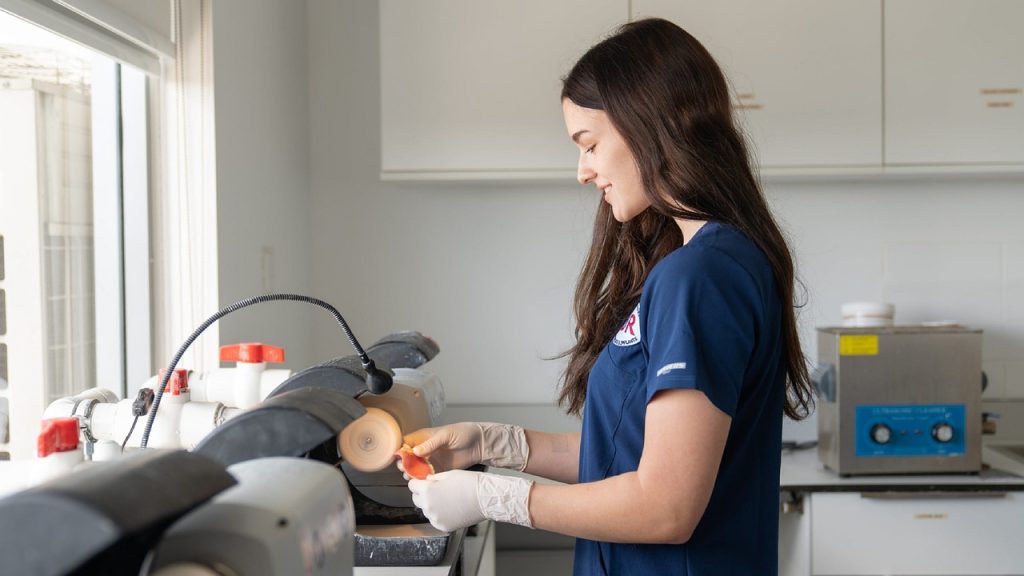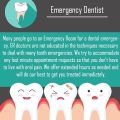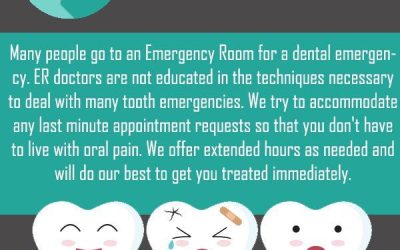So, you’re facing a common dental dilemma – a broken denture. You’re probably wondering if there’s any hope for repairing it and getting back to your usual eating and smiling routine. Well, let me put your mind at ease. Yes, a broken denture can indeed be repaired! In this article, we’ll explore the process of denture repair, the factors that determine whether a denture is fixable or needs replacement, and some tips on how to care for your denture to avoid future mishaps. Don’t fret, we’ve got you covered when it comes to fixing that broken smile of yours. Let’s jump right in!
Types of Denture Breaks
Cracked Denture
A cracked denture refers to a denture that has a fracture line running through it. This type of break can occur due to various reasons, such as biting down on hard or crunchy foods, dropping the denture, or even natural wear and tear over time. A cracked denture is a common issue that many denture wearers experience.
Chipped Denture
A chipped denture, as the name suggests, involves a small piece of the denture breaking off. This can happen when you accidentally drop your denture or when you bite down too hard on a hard object. While a chipped denture may not seem like a major concern, it can affect the functionality and aesthetics of the denture.
Broken Denture
A broken denture occurs when the denture splits into two or more pieces, rendering it unusable. This type of break can be quite frustrating and may severely impact your ability to eat, speak, and smile confidently. A broken denture requires immediate attention and repair to restore its function and appearance.
Factors Influencing Repairability
Extent of Damage
The extent of the damage plays a significant role in determining whether a denture can be repaired or needs to be replaced entirely. Minor cracks or chips are usually repairable, while extensive fractures or complete breaks may require the denture to be remade.
Type of Denture Material
The type of material used to make the denture can also influence its repairability. Dentures can be made of acrylic, porcelain, or a combination of these materials. Acrylic dentures are generally easier to repair, while porcelain dentures require more intricate and specialized techniques.
Age of the Denture
The age of the denture is another crucial factor to consider when determining its repairability. Older dentures may be more prone to breakage due to wear and tear over time. In some cases, especially when the denture is significantly worn or ill-fitting, it may be more cost-effective to replace the denture rather than attempting repairs.
Skill of the Denturist
The skill and expertise of the denturist performing the repair can significantly impact the outcome. A skilled and experienced denturist will have the necessary knowledge and techniques to handle various types of denture repairs. It is essential to choose a reputable denturist who specializes in denture repairs to ensure the best possible results.

When to Consider Repair
Minor Damage
If your denture has suffered minor damage, such as a small crack or chip, it is usually worth considering repair rather than immediately opting for a replacement. Denture repairs are often more affordable and can be completed within a shorter time frame compared to getting a new denture.
Cost Considerations
Repairing a denture is generally more cost-effective than getting a new one. The cost of repair depends on the extent of the damage and the type of repair required. It is advisable to consult with a denturist to evaluate the repair costs and determine whether it is a viable option for your specific situation.
Existing Fit and Comfort
If your denture provides a good fit and is generally comfortable, repairing it rather than replacing it may be a suitable choice. Denture repairs can help restore the functionality and aesthetics of the denture without the need for a complete replacement, as long as the underlying structure of the denture remains intact.
Steps to Repair a Broken Denture
Assessment of Damage
The first step in repairing a broken denture is to assess the extent of the damage. This involves carefully examining the denture to identify the location and severity of the break or damage. A denturist will evaluate the denture to determine the most appropriate repair solution.
Evaluation by a Denturist
After assessing the damage, it is crucial to consult with a denturist for a professional evaluation. A denturist will have the knowledge and experience to determine the best course of action based on the specific type and extent of the damage. They will consider factors such as the material of the denture, the age of the denture, and the skill required for the repair.
Possible Repairs
Depending on the nature of the denture break, there are various repair options available. These can include replacing a missing tooth, reattaching broken or chipped pieces, reshaping the denture, and strengthening weak areas. The denturist will discuss the repair options with you and recommend the most suitable solution based on the specific circumstances.
Temporary Fixes
In some cases, a denturist may offer temporary fixes for a broken denture to provide immediate relief while a more permanent repair or replacement is planned. These temporary fixes can be helpful in situations where a complete repair is not immediately possible or if time constraints exist.

Common Denture Repairs
Replacing a Missing Tooth
One of the most common denture repairs involves replacing a missing tooth. Whether a tooth has fallen out or broken off, a denturist can replace it using materials that match the color and shape of the existing denture teeth. This repair not only restores the functionality of the denture but also ensures a natural and seamless appearance.
Reattaching Broken or Chipped Pieces
If a denture has suffered a break or chip, a denturist can reattach the broken or chipped pieces using specialized dental adhesives or techniques. This repair requires precision and expertise to align the pieces correctly and ensure a strong bond. Once the repair is complete, the denture should regain its structural integrity.
Reshaping the Denture
Over time, dentures may become misshapen or worn down. A denturist can reshape the denture to restore its original form and ensure a proper fit. Reshaping of a denture involves adjusting the acrylic base or using specialized tools to make the necessary modifications. This repair enhances comfort and function while also improving the aesthetics of the denture.
Repairing Dentures at Home
Risks and Limitations
While it may be tempting to attempt repairing dentures at home, it is important to understand the risks and limitations involved. Without proper knowledge, tools, and materials, DIY denture repairs can lead to further damage or a poor-quality repair that may not withstand regular use. It is always recommended to seek professional assistance for denture repairs.
Temporary Solutions
In certain situations, you may need a temporary solution to address a minor denture issue until you can get professional repair. Denture adhesive can help hold broken pieces together temporarily, but it is important to remember that this is not a permanent fix. Additionally, denture repair kits available over-the-counter may provide temporary relief, but they are not a substitute for professional repair.
Importance of Professional Repair
Professional denture repair offers several advantages compared to attempting repairs at home. Denturists have the necessary expertise, specialized tools, and high-quality materials to perform repairs that are durable and long-lasting. By seeking professional help, you can ensure that your denture is repaired correctly and restored to its original functionality.

Professional Denture Repair
Why Professional Repair is Recommended
Professional denture repair is highly recommended for several reasons. Firstly, denturists undergo extensive training and possess the knowledge and skills required for effective repairs. They are familiar with different denture materials, repair techniques, and can accurately assess the extent of the damage. Moreover, professional repair helps maintain the integrity and longevity of the denture.
Denturist’s Expertise and Tools
Denturists have access to specialized tools and equipment that are specifically designed for denture repairs. These tools allow them to handle various repairs with precision and efficiency. Additionally, their expertise enables them to identify any underlying issues that may have contributed to the denture break and address them appropriately during the repair process.
Warranty and Guarantee
Reputable denturists often provide warranties or guarantees for their repair work. This means that if the repaired denture experiences any further issues within a specified period, the denturist will address it at no additional cost. Such warranties provide peace of mind and assurance that the repair will be of high quality and have a longer lifespan.
Cost of Denture Repair
Factors Affecting Repair Costs
The cost of denture repair can vary depending on several factors. The extent of the damage, the complexity of the repair, the type of denture material, and the skill and experience of the denturist can all influence the overall repair costs. It is advisable to consult with a denturist for an accurate assessment of the repair costs based on your specific situation.
Average Cost Range
On average, denture repair costs can range from $50 to $300. However, it is essential to note that more extensive repairs or repairs involving specialized techniques or materials may incur higher costs. It is recommended to discuss the cost estimation with the denturist before proceeding with the repair to ensure transparency and avoid any surprises.
Preventing Denture Breaks
Proper Denture Care
One of the best ways to prevent denture breaks is to maintain proper denture care habits. Regularly clean your dentures with a denture brush and non-abrasive denture cleanser. Avoid using regular toothpaste or harsh cleaning agents that can damage the denture. Handle your denture with care, and always rinse it over a towel or sink filled with water to minimize the risk of accidental drops.
Regular Check-ups
Regular check-ups with a denturist are crucial for maintaining the health and integrity of your denture. During these appointments, the denturist can identify any potential issues or weaknesses in the denture and address them promptly. They can also provide professional cleaning and adjustments to ensure the denture is functioning optimally.
Avoiding Damaging Habits
Certain habits can increase the risk of denture breakage. Avoid chewing on hard or sticky foods, as these can put excessive stress on the denture and lead to fractures or chips. Additionally, refrain from using your denture as a tool to open packages or bottles, as this can cause damage. Be mindful of any habits that may compromise the durability and longevity of your denture.
Conclusion
Timely repair of a broken denture is essential to restore its functionality and aesthetics. Understanding the different types of denture breaks, factors influencing repairability, and the available repair options can help you make an informed decision. While minor damage can generally be repaired, it is important to consider factors like cost, existing fit, and comfort before opting for repair. Seeking professional assistance from a skilled denturist is highly recommended for achieving long-lasting and reliable denture repairs. By practicing proper denture care, attending regular check-ups, and avoiding damaging habits, you can minimize the risk of denture breaks and prolong the lifespan of your denture. Remember, a broken denture can be repaired, but timely action is key to maintaining your oral health and overall well-being.












